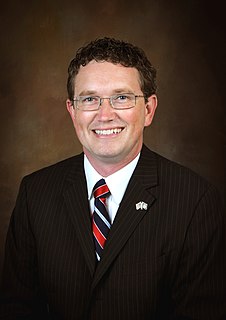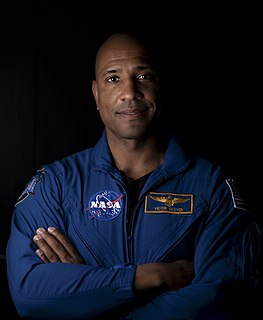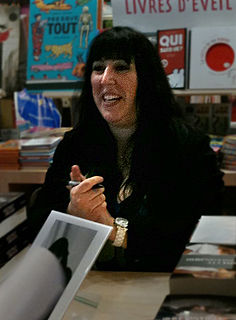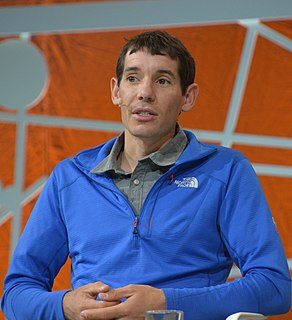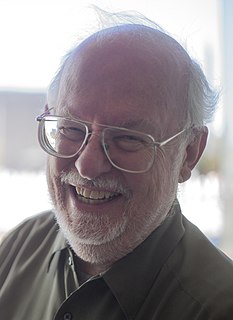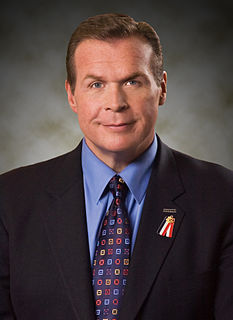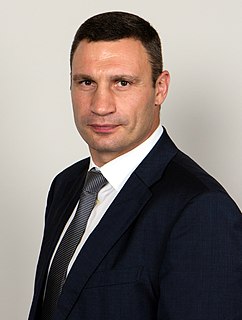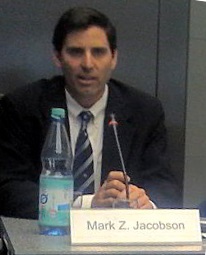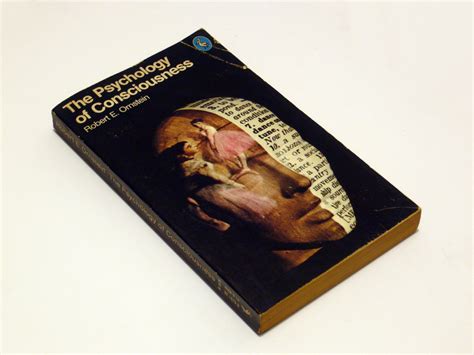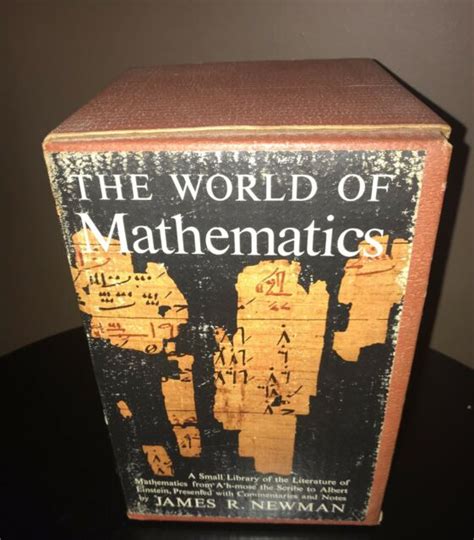Top 1200 Solar System Quotes & Sayings - Page 4
Explore popular Solar System quotes.
Last updated on April 20, 2025.
Cassini was an international undertaking, led by NASA and the European Space Agency and designed to be, in every dimension, a dramatic advance over Voyager. At the size of a school bus, it was bigger than Voyager and outfitted with the most sophisticated scientific instruments ever carried into the outer solar system.
When Hubble was launched, it became clear very shortly thereafter that there was a problem with the optics.The mirror was not quite the right shape. And the one program that I had really been looking forward to doing with Hubble was studying outer planets in our solar system, the planets Uranus and Neptune.
Voyager found Saturn to be a planet with a complex interior, atmosphere, and magnetosphere. In its rings - a vast, gleaming disk of icy rubble - the mission recorded signs of the same physical mechanisms that were key in configuring the early solar system and similar disks of material around other stars.
We call our intuition our sixth sense, but in reality it would be called our first sense, because it's rooted in quantum nature of reality. It was around long before our solar system and our planetary system were even formulated or even organized. It is at the basis of how our normal sensing works. So instead of being our sixth sense or even â€" using the parapsychological term â€" "extrasensory perception," it's not. It's at the basis of our perception, and that's the quantum world.
Many, and some of the most pressing, of our terrestrial problems can be solved only by going into space. Long before it was a vanishing commodity, the wilderness as the preservation of the world was proclaimed by Thoreau. In the new wilderness of the Solar System may lie the future preservation of mankind.
The discovery in 1846 of the planet Neptune was a dramatic and spectacular achievement of mathematical astronomy. The very existence of this new member of the solar system, and its exact location, were demonstrated with pencil and paper; there was left to observers only the routine task of pointing their telescopes at the spot the mathematicians had marked.
